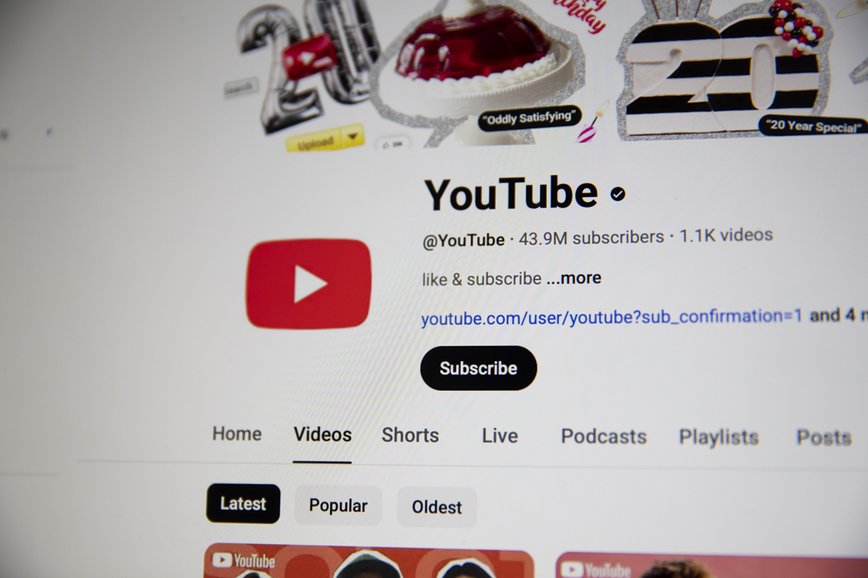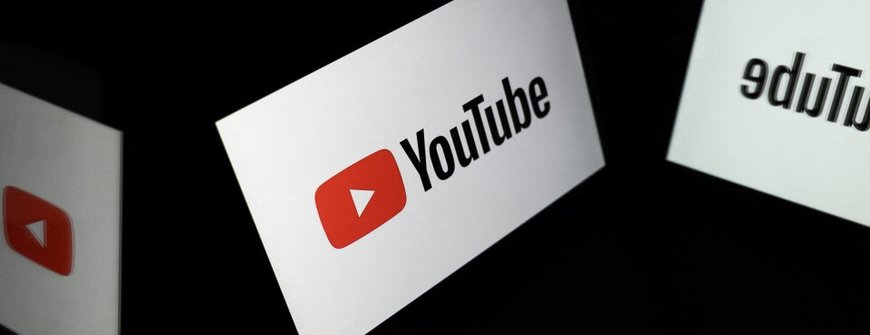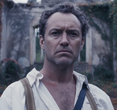
Why Youtube Can'T Seem To Keep Kids Away From Risky Content on OnlyLikeFans

YouTube's AI Age Estimator Sparks Controversy
YouTube's recent AI-driven update to gauge viewers' ages based on their watch history is stirring up debate. Rolled out last month, the algorithm's goal is to protect minors by restricting potentially harmful content. Yet, this move requires users flagged as underage to submit personal information like selfies or government IDs to reverse the restrictions – raising privacy and practicality concerns.
The platform's leadership insists this measure will safeguard young audiences from inappropriate material. However, critics argue that the method may not be as foolproof as intended. "If a child was watching adult content before, won't the AI mistakenly consider them an adult based on their viewing habits?" skeptics question. Moreover, kids could simply sidestep restrictions by creating new accounts.

“It’s an admirable goal, but this is an incredibly misguided method.”
Reminiscing the COPPA and Elsagate Scandals
This isn't YouTube's first rodeo with age-related content issues. The 2019 introduction of COPPA restricted monetization on content deemed "made for kids" by an AI, a direct response to the infamous 2017 Elsagate scandal. Protecting kids has always been a tricky business for YouTube, especially when adult content discreetly makes its way into child-friendly spaces.
Despite removing the channels involved in Elsagate, other offensive content creators have surfaced. The platform continues to struggle with distinguishing innocent character depictions from those laced with inappropriate themes. This ongoing dilemma underscores the limits of AI in navigating the complex landscape of video content.
Navigating YouTube as a Responsible Viewer
YouTube's challenge with content moderation highlights a larger issue: teaching kids to be discerning consumers of media. While AI can help, it can't replace the need for critical thinking skills in young viewers. Channels like Cinema Therapy set a positive example by using children's media to explore complex ideas, but not all creators exercise such caution.
In a world overflowing with content, fostering spaces for mindful media consumption is crucial. Reflecting on personal experiences, this author recalls the unmonitored freedom of childhood internet use and questions its value. Today’s parents, like my brother-in-law, are cautious. He plans to wait until his kids are 13 before granting them unfiltered internet access, and perhaps that's the best approach.















